23 1 Diet Drinking Bewtween Meals
From the beginning of April 2019, I've been experimenting with eating just one meal a day, also known as the OMAD diet.
I stumbled across the OMAD diet a few years ago after researching optimum vegan diets that increase longevity and weight loss.
After getting lost in a YouTube session, I came across this vegan strongman who appeared to be living in the middle of nowhere committed to powerlifting and eating one sizeable plant-based meal each day.
I was inspired to try OMAD, but like many of us, I procrastinated to prioritise my health because I had too much work on at the time.
But after quitting my full-time job to go all-in on The Minimalist Vegan, I found myself with more bandwidth to focus on my health.
In addition to eating one meal a day, I started doing light resistance exercise, increased my average sleep and started a regular practice of stretching. I'm no longer running on adrenals and feel more rested and relaxed.
It's amazing what lightening your load on commitments can do to your health!
Note: this post was updated on September 2nd, 2019.
But out of all of the new healthy habits, OMAD was the most impactful by far. And in this post, I'm going to share what I've learned through my month-long experiment.
Specifically, I'm going to share:
- A brief explanation of the OMAD diet
- The time of the day I eat my one meal
- My challenges with drinks (i.e. coffee)
- The benefits I've found since starting OMAD
- Things I'll change if I choose to continue this way of eating
- My OMAD update
Quick caveat: I'm by no means a health professional, and I did not seek any medical advice before starting my OMAD diet. I'm purely sharing my experience with you to give you real insight and feedback on what it's like to eat one meal a day. If you want to try out the OMAD diet, I suggest you seek advice or at least do your own research.
With that out of the way, let's get into it.
What is the OMAD diet?
Eating one meal a day is a form of intermittent fasting or time-restricted eating. Intermittent fasting is usually when you would eat in an 8-hour window, say 12 pm to 8 pm and fast for the other 16 hours (including sleep). People in the know of this approach would refer to the split as the 16:8 fast.
OMAD takes intermittent fasting to another level with your eating window decreased to 1 hour, leaving you with 23 hours to fast. This is a 23:1 ratio.
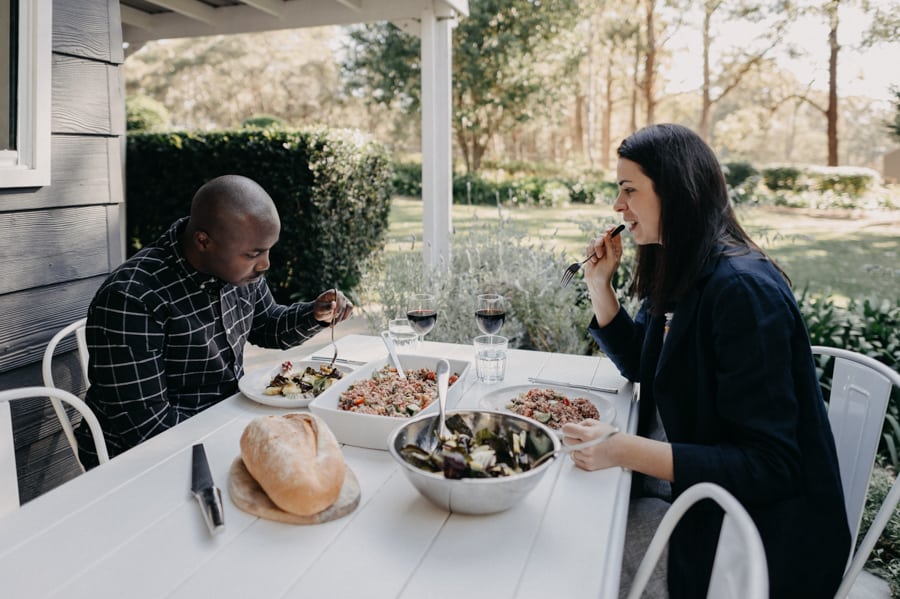
When is the best time of the day to eat your one meal a day?
From what I've read online, it's common for folks on an OMAD diet to eat in the evenings. I couldn't find any specific reason as to why evenings became the recommended time window.
During my experiment, I chose to eat my one meal sometime between 12 pm and 2 pm. There was no science behind my decision; it just felt right.
Having said that, though, when you eat just one meal a day, you are tasked to consume a significant amount of food in a short amount of time. So for those of us who get tired after lunch, because your body is busy digesting food, this feeling is undoubtedly amplified when you're eating a supersized meal.
I have the benefit of working from home and can control my hours. So after lunch, I tend to rest for a while before getting back into work.
For this reason, I can understand why it might make more sense to have your eating window in the evenings, to sustain more energy during the day, and avoid the afternoon crash.
What can you drink on an OMAD diet?
With any intermittent fasting, it's vital to ensure you're adequately hydrated. So for sure, during my OMAD experiment, I drank more water than usual. I couldn't tell you how many litres on average, but I always like to ensure that I'm adequately hydrated, which you can test by the clarity of your urine.
But outside of water, I did drink coffee and tea. Now, most intermittent fasting guides will advise that you can only consume calorie-free drinks when fasting. So this would include black coffee and herbal tea.
Upon further research, I found that some health experts suggest that these drinks are not advisable to consume during a fast as coffee and tea contain xenobiotics which needs to be processed by your liver or gut.
Okay, I must admit that I did have coffee and tea with either nut or soy milk, about 50% of the month.
So if I were a purist, I wasn't technically fasting by the book. This is my next challenge, which I will discuss later in this post.
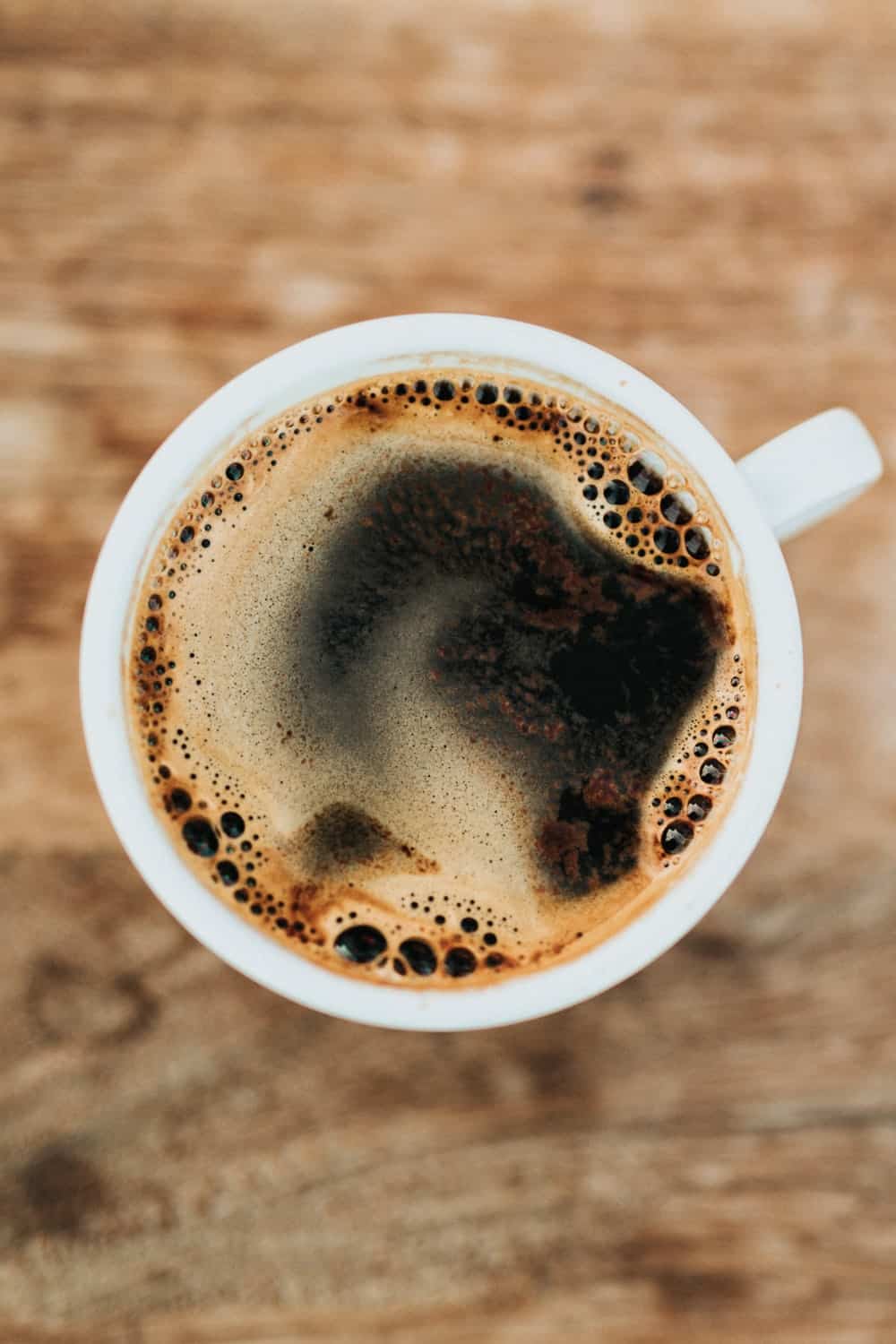
What are the benefits of eating one meal a day?
Weight loss
It's been widely reported that intermittent fasting is an effective method for weight loss. And it makes sense. You lose weight by creating a calorie deficit, e.g. calories burned to exceed calories consumed.
It's unlikely that you'll be able to eat a full day worth of meals in just one sitting; therefore you'll naturally be consuming fewer calories than you usually would—giving you a better chance to achieve a deficit.
I've written about the challenge of being an overweight vegan, and I'd be lying if I wasn't curious to see if the OMAD diet would have any impact on my weight.
At the time of publishing this article, I've participated in OMAD for 28 days. And in that time I've lost 4.3kgs (9.4lbs). It's not groundbreaking, but it is encouraging considering I haven't been eating like an angel (more on that later).
Save money
What does it cost you to eat breakfast, lunch, dinner and snacks every day? Now reduce that cost by roughly 70%, and that's how much you'll be saving by eating one meal a day.
Eating all day is expensive, and it becomes apparent when you see the results in your bank account. You buy fewer ingredients and eat out less. This is an underrated benefit of the OMAD diet.
Save time
Another excellent benefit of OMAD is the time you save, not thinking about food. Now in the first three days, all I could think about was food. But once I got past that, it felt like I freed up a few extra hours each day to get on with life.
Just thinking about how much time is spent planning, preparing, travelling to consume food each day. It blows my mind how much time food takes up in our lives.
I know Maša was sometimes envious of me in situations where she'd be scratching her head about what to eat for dinner, and I was off doing my own thing.
Discipline
If you're interested in challenging your willpower and improving your self-discipline, eating one meal a day will provide for some good practice.
I love testing my comfort zone, and this last month has made me uncomfortable at times. But like all painful situations, when you overcome it, it improves your self-confidence and mental toughness.
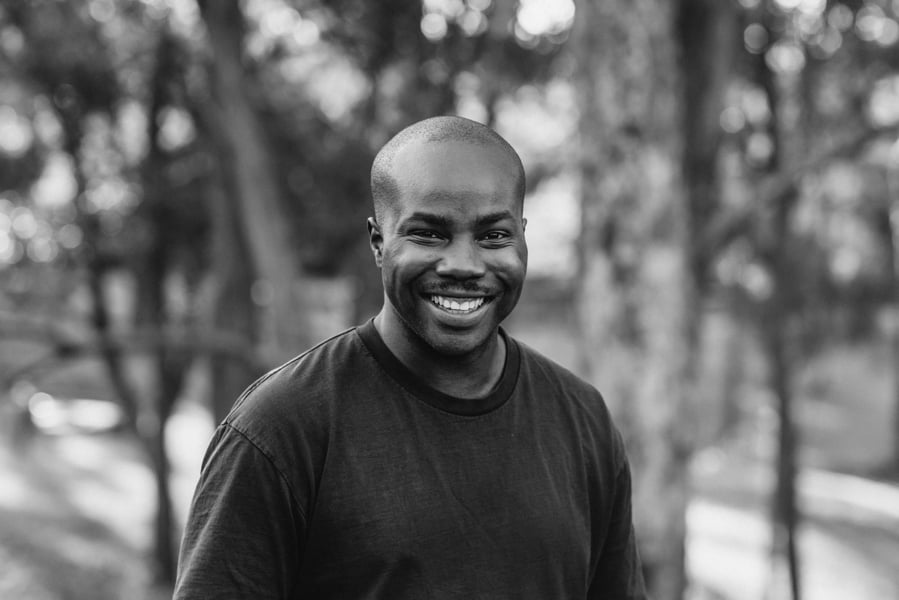
What are the challenges of eating one meal a day?
Getting through the first three days
As I mentioned above, getting through the first couple of days on the OMAD diet was hard for me. I experienced intense hunger pains and loss of energy in the evenings (I was crashing at 8:30 pm, which was unusually early for me).
But once I got over that three-day hump, my body started to adjust as I settled into a new routine.
Navigating social situations
I loved challenging myself to bring a positive attitude in social environments where I wasn't eating due to my OMAD commitment.
However, I did feel that friends and family felt uncomfortable at times because I wasn't participating in a shared meal.
I remember on Maša's birthday, we went out to dinner with her family, and I happily sipped on water for a couple of hours while the gang ploughed through a three-course meal.
But for the most part, people are understanding, and it often becomes a point of conversation. Furthermore, I've been vegan for five years, so people in my life have lots of practice with me doing different things at the dinner table.
Getting enough nutrients
With one meal a day, there's less opportunity to ensure you get enough nutrients.
Also, I've read that people eating an OMAD diet can feel entitled, or deserving of food once they get to their eating session. This kind of mentality can lead to overeating or binge eating unhealthy food.
I can certainly relate to this feeling of entitlement. My internal dialogue would say things like, "I've waited 24 hours for this meal, I should be able to eat what I want". It's easy to get caught in this mindset as your meal becomes an event.
If you're not careful, you may end up overeating junk food, and thus creating a calorie surplus.
Is eating one meal a day sustainable?
After eating OMAD for a month, I easily feel like it can become part of my lifestyle—or at least something that I do on and off for the rest of my life.
I love the benefits of saving time and money while keeping my weight down. But if I decide to keep it going I'd make a few tweaks;
- Remove tea and coffee entirely in fasting hours, and stick to water.
- Drink one cold-pressed juice to start my meal, followed by a large buddha bowl for a variety of nutrients. Also, juices and bowls have many variations, so I can keep things interesting.
- I would consider tracking my calories to see the quality and diversity of nutrients I'm consuming.
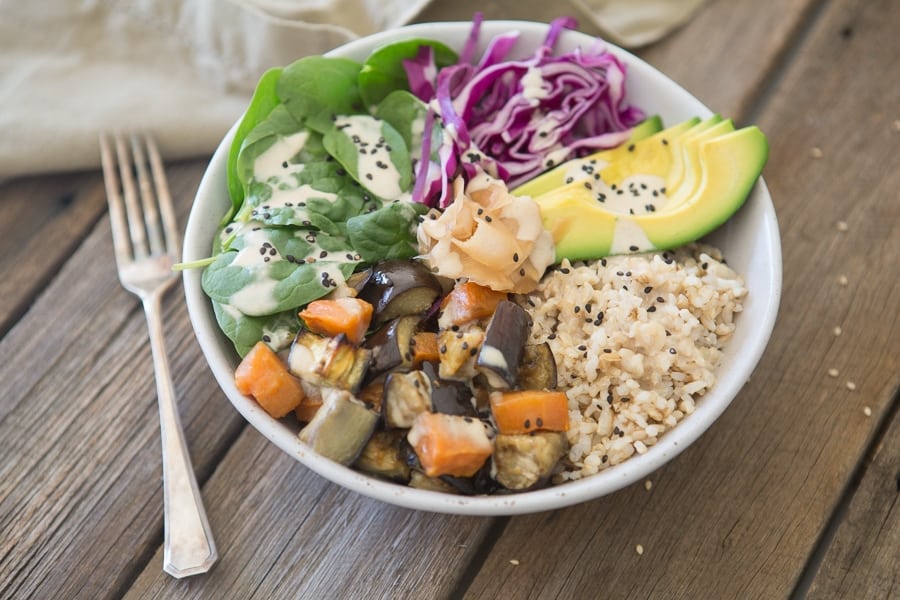
Now I can confidently make claims to these adjustments because I've already established a habit of eating one meal a day. The hard part is done. It's now time to refine and optimise for better health and performance.
Anyway, that's my experience of eating one meal a day. I'm keen to explore this lifestyle in more detail and greater commitment to healthier foods.
My OMAD update
As I write this update, I continued eating one meal a day for three months in total. The last time I checked my weight, I had lost 8 kgs (17.6 pounds).
I addition to OMAD, I was consistent in exercising at home for 7 minutes a day, using this app. I felt incredible with these two new habits, and my body was transforming. But with demanding work commitments, I, unfortunately, got unwell, which forced me to break my streak.
I'm an all or nothing type of person, so I tend to beat myself up when I break promises to myself. I pushed through with OMAD but had a cheat day here and there.
I continue to follow OMAD today. However, I do have days where I might snack on some food in the evenings, or eat out occasionally with my wife.
I haven't recorded my weight since my last weigh-in, but I feel and look the same. More importantly, I'm not so hard on myself, and I still eat far fewer calories than I was before I started eating one meal a day.
Have you tried OMAD before? What was your experience like? Let me know in the comments below.
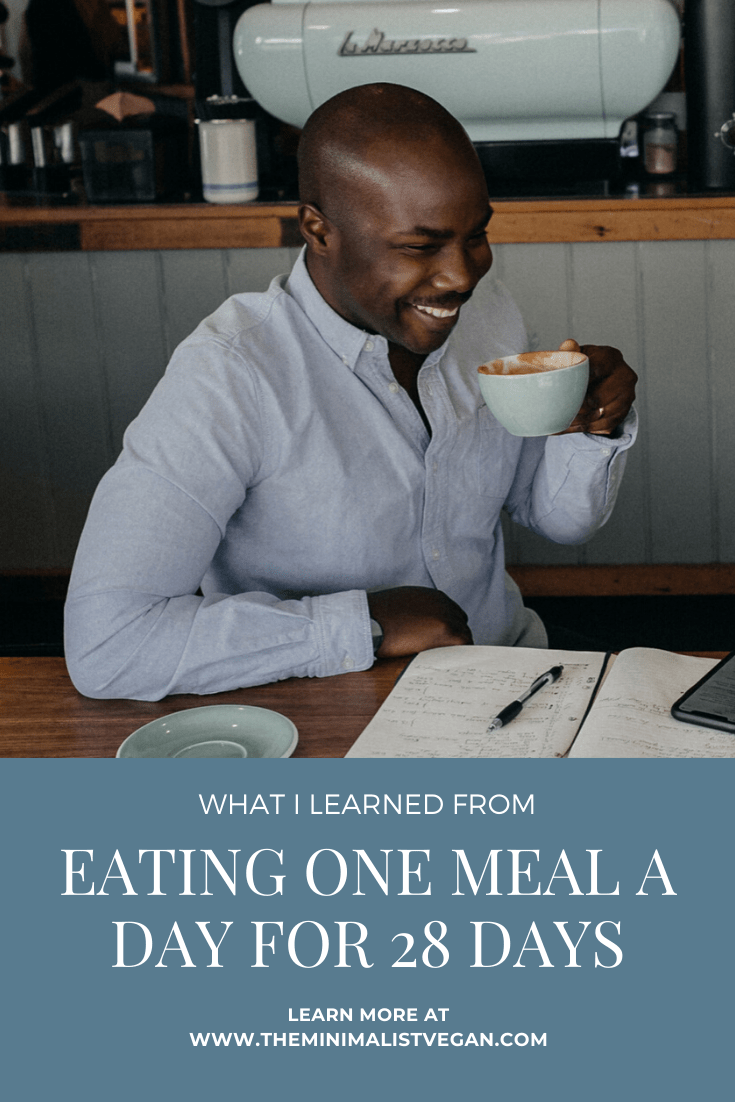
Join the MV community
You'll get a neat summary of our content each week, as well as some behind the scenes of what's happening! See you on the inside 😉
Michael is an accomplished author, podcaster and a slightly above average cook. He's all about stripping back to the essentials to spend more time pursuing meaningful activities. You'll find him creating content about veganism, minimalism, productivity and sustainable living.
23 1 Diet Drinking Bewtween Meals
Source: https://theminimalistvegan.com/one-meal-a-day/